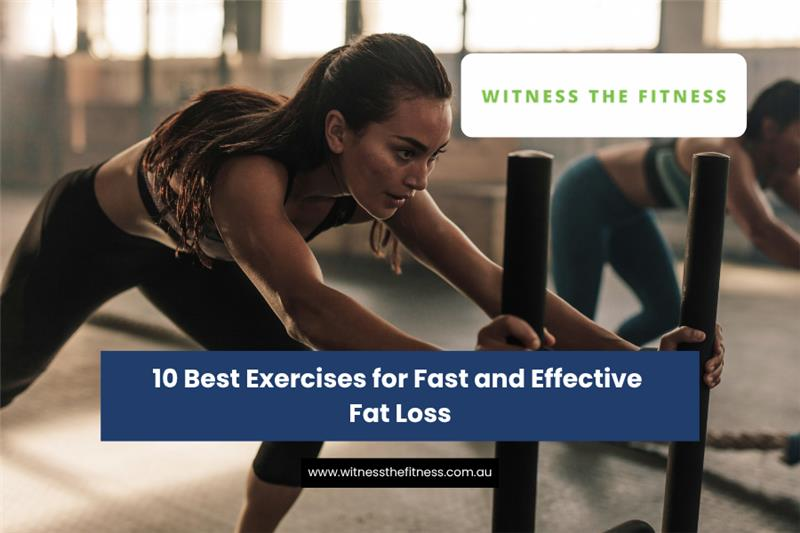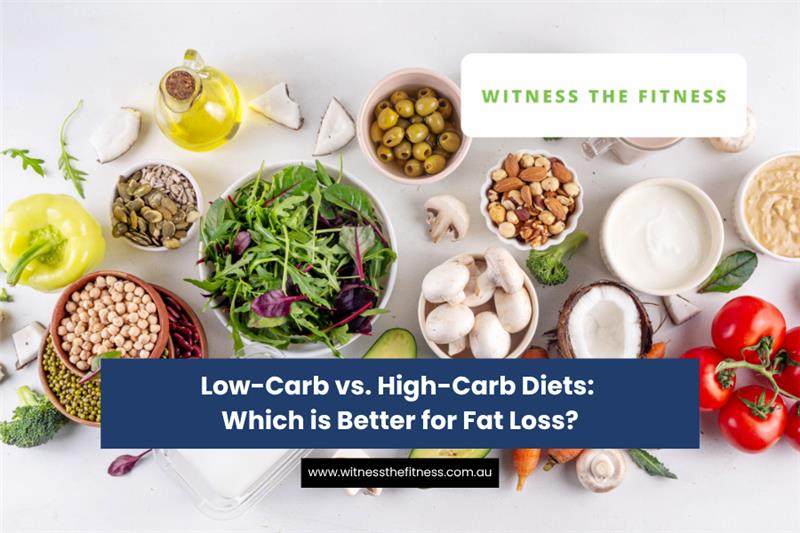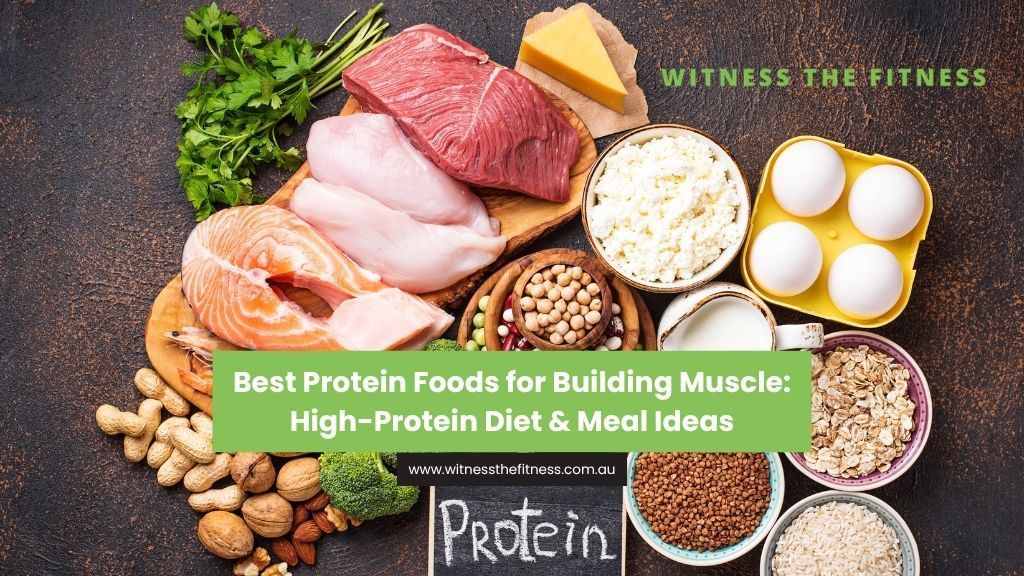5 Common Nutrition Mistakes for Weight Loss (and the Science-Backed Fixes)
5 Common Nutrition Mistakes for Weight Loss (and the Science-Backed Fixes)
Losing weight can feel tricky. There exists too much advice on the internet that a person can become confused. Individuals engage in counting calories, cutting, or missing meals or going on the latest fad diets but they are not getting the results that they desire.
The issue is that most of them become prey of the weight loss nutrition mistakes easily. Knowing what these mistakes are and knowing how to deal with them is important in losing fat safely and maintaining it off permanently.
Eating Too Few Calories
One of the nutrition mistakes that can be seen a lot when it comes to losing weight, is the idea of maintaining too little calories. It is a common misconception that many individuals do have about dieting that reducing their food will lead to more rapid weight loss. But this may be counter-productive.
Science-backed fix: Strive to eat a relative energy deficit of 300-500 calories a day. Eat nutrient-rich foods such as vegetables, lean proteins, and whole grains, and healthy fats. Adequate food will make you feel satisfied, maintain your energy level and ensure that you burn fat and not your muscles. Consuming insufficient food also makes you irritable and fatigued and thus you are likely to abort your diet.
Tip: Instead of skipping meals you can replace, high-calorie snacks with an alternative such as fruit and yogurt or nuts. It is better to make small easy changes than to make restriction severe.
Skipping Protein or Not Eating Enough Protein
The next most frequent mistake is the lack of proper amounts of protein. Protein is crucial for protein intake for fat loss. It assists in maintaining muscle mass, accelerates your metabolism and fills you up. When you fail to eat sufficiently, your body can revert to the muscle as source of energy instead of using fat. It can slow your weight loss and make staying trim harder.
Science-backed fix: Add protein to all of your meals. Chicken, fish, eggs, Greek yogurt, lentils and tofu are good sources. Adults who are attempting to reduce fat need to take 1.6–2.2 grams of protein per kilogram of body weight daily.
Protein can also assist you in recovering, after exercise. Keeping your muscles will mean that your body will continue to burn more calories even when resting. In addition, protein meals are more satiating, which facilitates the process of not engaging in detrimental snacking.
Following Fad or Extreme Diets
Most individuals engage in fad diets in order to shed weight quickly. These can be keto, juice cleanses, very low-carb plans or other fad diets. While they may give short-term results, they often ignore the fundamentals of a balanced diet for weight loss. The worst issue? Most people can’t stick to them long-term, leading to regained weight.
Science-backed fix: Pay attention to whole, minimally processed foods like vegetables, fruits, lean proteins, whole grains, and healthy fats. A flexible eating plan that fits your lifestyle is more effective than any extreme diet.
Consistency is key. You do not require hard regulations and severe measures. Consuming an assortment of foods of your liking reduces the stress of losing fat easily and comfortably. As you recall we must lose weight slowly and steadily.
Ignoring Meal Timing
Many people don’t understand that nutrient timing for fat loss can make a difference. Missing meals, having random times and failing to schedule meals around exercising may decrease energy, impair recovery, and cause hunger. A bad timing can hamper fat loss and retaining muscles becomes difficult.
Science-backed fix: Eat meals spaced evenly during the day and ensure that there is protein in each of the meals. Consume carbs/protein pre and after workouts but not during.
Overeating can be avoided through meal spacing and planning of healthy snacks of 3-4 hours. The right timing of meals can aid the metabolism process, preserve lean muscle mass and leave you satisfied. Any slight alterations, such as introducing extra protein snack in the mid-morning, may matter a lot.
Focusing Only on Calories, Not Food Quality
It is quite normal to count the calories but what most citizens do wrong is ignoring healthy eating for weight loss. The processed low-calorie foods may give fast solutions, but they do not contain the significant vitamins and minerals. This brings about a desire to have a feeling of being dissatisfied, and even developed weight gain.
Science-backed fix: Emphasise nutrient-rich food. Consume colored vegetables and fruits, lean protein, whole grains, and healthy fats. Quality foods regulate blood sugar, curb cravings, and keep you satisfied.
Moderate calorie deficit combined with the quality of food not only facilitates weight loss but makes it possible as well. Foods with nutrients will also assist your body fat meltdown by complementing your immune system, skin and overall feeling.
Bonus Nutrition Tips for Weight Loss
Here are some simple tips to help you lose weight safely and easily.
- Track Your Meals: Use a food diary or app to keep track of calories, protein, and nutrients. This helps you stay on track and make better choices.
- Stay Hydrated: Drink plenty of water. It helps your metabolism, controls hunger and keeps your energy steady.
- Plan and Prep Meals: Prepare meals ahead of time to avoid unhealthy snacking. It saves time and keeps
Conclusion
Avoiding weight loss nutrition mistakes is crucial for lasting results. Think about balanced diet, adequate protein, timing of meals, quality foods not counting calories. These evidence-based tactics can maintain muscle, improve hunger, and aid a consistent, maintained fat loss.
For personalised guidance and practical meal plans, Witness the Fitness provides expert support to help you optimise your nutrition and reach your weight loss goals safely and effectively.












